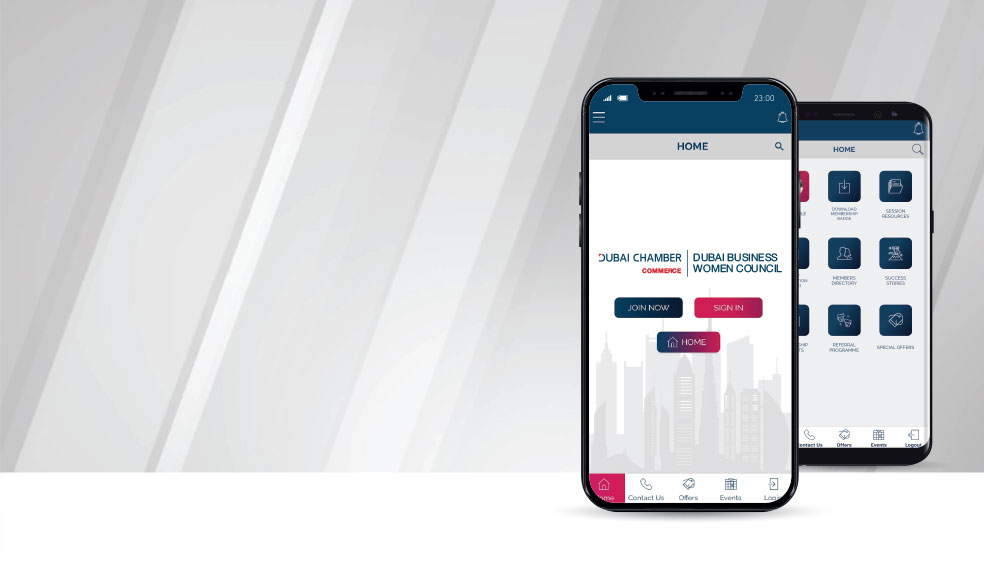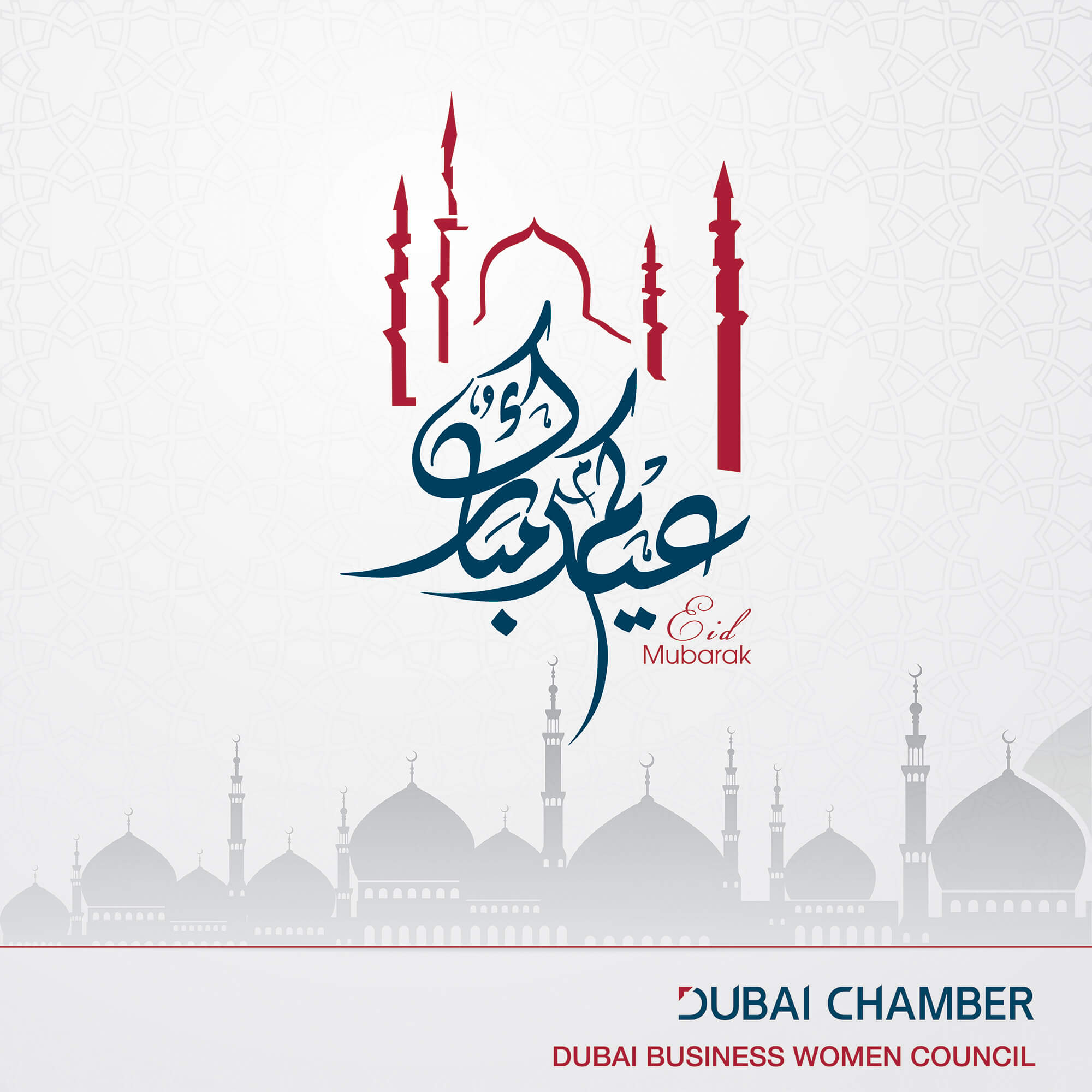
Multiculturalism has always been hailed as one of the UAE’s, and Dubai’s in particular, great strengths. According to different reports, 89% of the city’s population are expatriates, of whom 60% are from South Asia and 12% are from Africa, East Asia, and Europe. However, being a culturally and socially diverse community, the city poses a specific challenge to its residents- a confusion over the blend of etiquette rules and social manners requested by different cultures.
“The diversity in backgrounds, cultures, and customs makes a blended mix of social manners the norm when in living in Dubai,” says Siama Qadar, founder and CEO of Institute of Modern Etiquette (IOME), a Dubai-based a lifestyle training institute. “Lack of awareness and education leads to frustration and misunderstanding. However, the key to a happier Dubai, and subsequently the United Arab Emirates, is your personal well-being beautified, for it to radiate outwards as social courtesy and respect for all. Etiquette is the art of showing respect, elegance, social conduct, refined behavior and elevated mindfulness to oneself, and therefore, to others.”
IOME offers a wide range of courses on social etiquette, afternoon tea, home management and events hosting, flower arranging, health and fitness, business protocol, image styling, gentleman and youth etiquette, amongst others. “The founding principle of IOME is that grace and manners need to be part of your personality and your intelligence, and it is for everyone to discover, develop and enhance, not just for the elite and wealthy,” Qadar says. “I believe that every person, especially women, deserve a firm foundation in the principles of giving and attaining respect. IOME is therefore for whoever wishes to learn and train, identify bad habits, break them and formulate new more gracious habits that IOME can help them develop.”
Following a successful career in investment banking in the UK, Qadar moved to the UAE where she took on a CFO position within an investment and asset management firm. Since then, she has become a graduate of the Mind Cloud Academy, a KHDA-certified business leadership academy, and a member of REACH Mentoring and Dubai Women’s Business Council. The wide exposure to the city’s business community, however, revealed the challenges entrepreneurs and executives face when not presenting themselves in the correct way, or not acting and reacting properly in different social situations. Examples are plenty, Qadar says. “In the Middle East, women do not shake hands with men, whereas in Western cultures, they do,” she explains. “An appropriate greeting is for a man to place a hand over his own heart when greeting a woman, and giving a slight nod with his head as a form of acceptance. This is also the most respectful way for a foreigner to greet a Muslim woman.”
“Another example is that, when dining out, Western cuisine typically involves using a knife and fork, and South Asian cuisine involves eating with your hands. All cultures have their own dining etiquette. It is polite to observe different etiquettes in relation to the venue or host. Also, let’s take a situation at a business lunch, when one finishes eating and does not align the knife and fork in the half-past-six position, or talks whilst chewing their food loudly. These are clear failures in the etiquette department. Some very common mistakes would be to start eating food before the host starts, and finishing their food faster than the host or other colleagues. My advice in such situations would be to be conscious and observe signals and your table’s surroundings. Only start to eat once the host has started, and pace your eating. You do not want to eat too fast or too slow compared to your host, otherwise, you will be fiddling your thumbs whilst the host continues to eat.”
Now, it’s possible that the cynical among you may find such rules relating to etiquette superfluous- but Qadar notes that being in the know about these skills can have a direct impact on your business ambitions in the Middle East. “A person with refined etiquette has the ability to influence others, and hence reduce frustration and barriers of culture,” Qadar explains. “Etiquette is like a social education; it is a medium to self-improvement and empowerment, learning the finer points in life. Personally, I have advanced my perception of perfection in social life skills and in my business career. It has helped me to display affectious social manners and courtesy and to put people at ease that are around me. The IOME tag line is ‘Intelligent Beauty’ because your social conduct, customs and manners are an element of your intelligence. It becomes refined, poised and polished when you develop good etiquette skills.”
The do’s and don’ts of boardroom etiquette
Boardroom corporate governance can shape the business performance, its strategy and its culture. Good and effective boardroom etiquette makes a significant difference.
DO
Listen attentively to each other, do not interrupt mid-sentence and build a consensus recognizing contributions from all members, especially those who appear to listen more than talk.
The boardroom members should know each other outside the boardroom as well. However, if you do not know them or there is a new member, then do your homework to get to know their hobbies, likes and dislikes. Speak to their department heads and their PAs to get the information.
The agenda that is usually circulated is a good indication which topic is relevant to you. If you have comments on other areas, think before speaking if it is not supporting an opinion or making a suggestion. Never engage in one-upping or suggesting that one member is superior to another. Being open to trust and a consistent interaction for a positive debate is a move in the right direction.
DON’T
Do not be overconfident in your speech or pompous in your style of talking as it intimidates other board members and can result in unintended consequences.
Do not overshare irrelevant information. Be constructive and helpful in your manners of presenting information to the board.
Do not drop a surprise at the board meeting without alerting the chairperson in advance.




